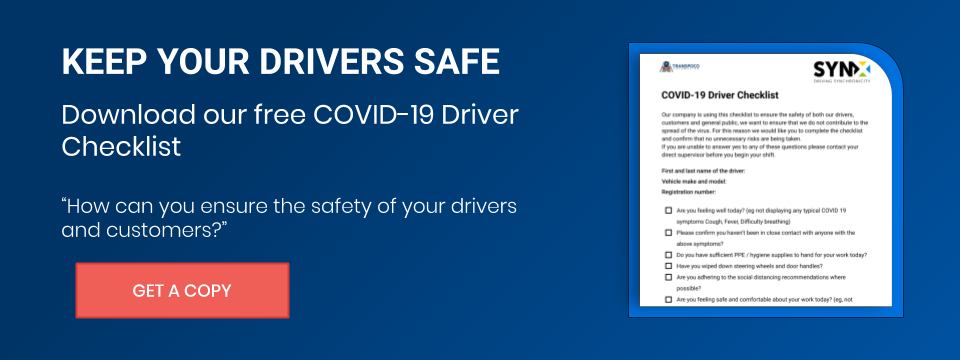
Cost controlling is something all companies are struggling with more than ever of late in the wake of the global economic crisis. When focusing on companies, whose day-to-day business is dependent upon employed drivers, it is apparent that managers and directors constantly worry about fleet costs and on how best to reduce them. But they do not always appreciate that reducing costs does not just mean “reducing the price” of something. Some of the sources of cost come from the opposite of what we call “best practices”.
If you try to address these factors in your fleet, you will definitely cut on costs. With this in mind, take a look at these hot tips!
#1 - Using company’s assets in the wrong way
Vehicles are one of the biggest assets a company, which is dependent upon driving, can count upon, but they need to be used in an appropriate way: this means choosing adequate vehicles, loading them correctly (not overloading, nor underloading them), consistently applying preventative maintenance and replacing or reassigning vehicles when they are not as efficient as they should be.
#2 - Idling
Idling is not, as was commonly thought previously, really useful for the purposes of warming up a vehicle. Excessive idling has an impact on fuel economy, so turn off the engine if you are going to stop for some time, and also do it while loading and unloading are in process.
#3 - Driving longer routes
Excessive mileage is another source of cost you could prevent with proper route planning. Drivers might be taking longer routes simply because they do not know any that are shorter. Vehicles that are unnecessarily over-used also have a shorter life and are subject to more wear and tear.
#4 - Unnecessary maintenance
Some people see maintenance as a magic remedy for their vehicles. If on one hand planning for preventative maintenance is good, on the other hand having your vehicles serviced every second day is not good either.
#5 - Low maintenance
In medio stat virtus, says the old adage: virtue is in the moderate. Excessive, unnecessary maintenance is not good and low maintenance isn’t either: planning for regular maintenance according to vehicle type, routes and scope will save money rather than not knowing the status of a vehicle and then incurring an unplanned period of downtime at much greater cost...





